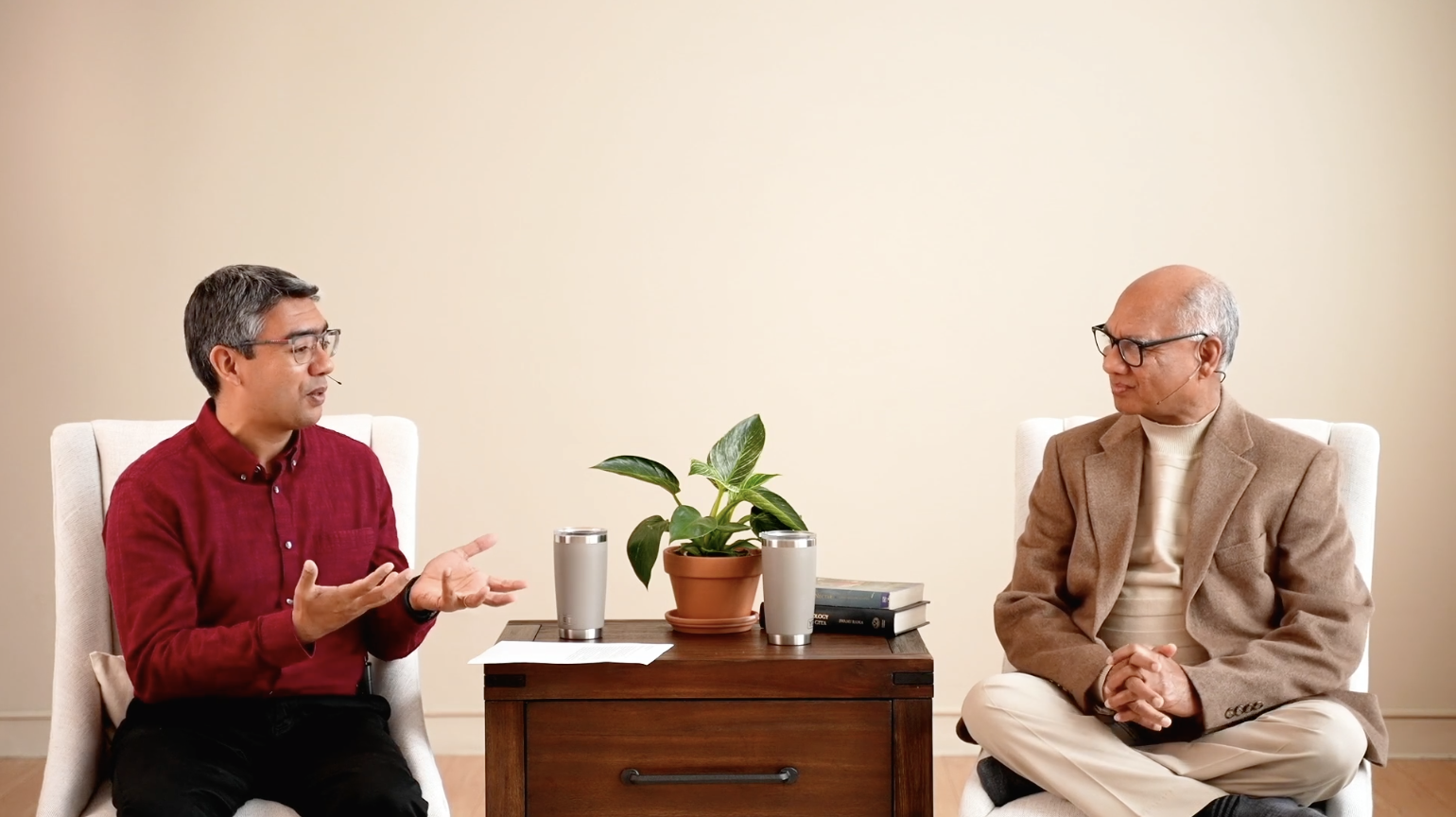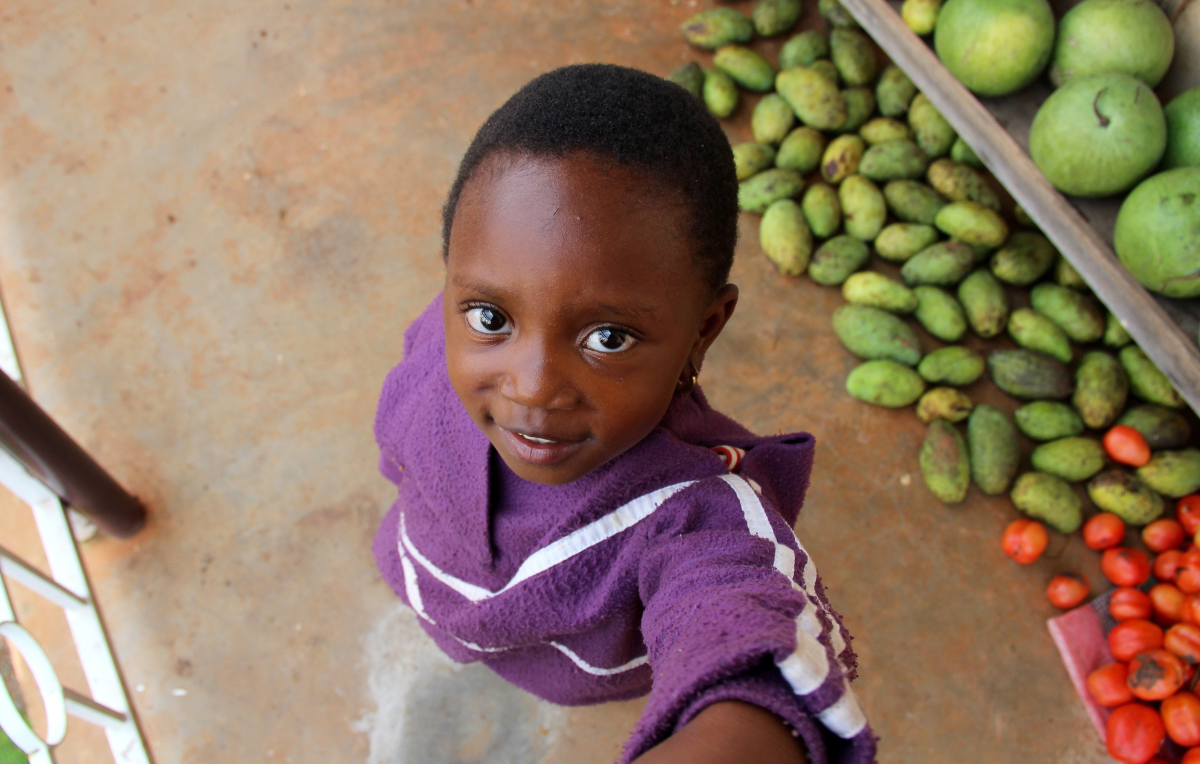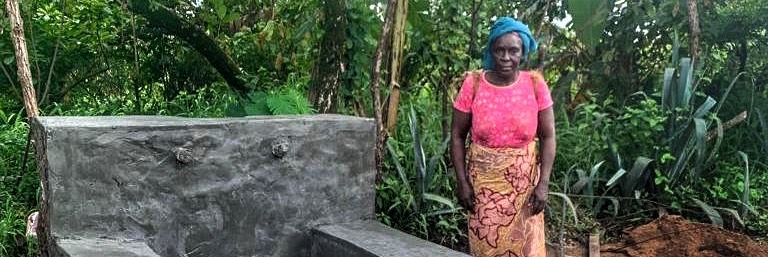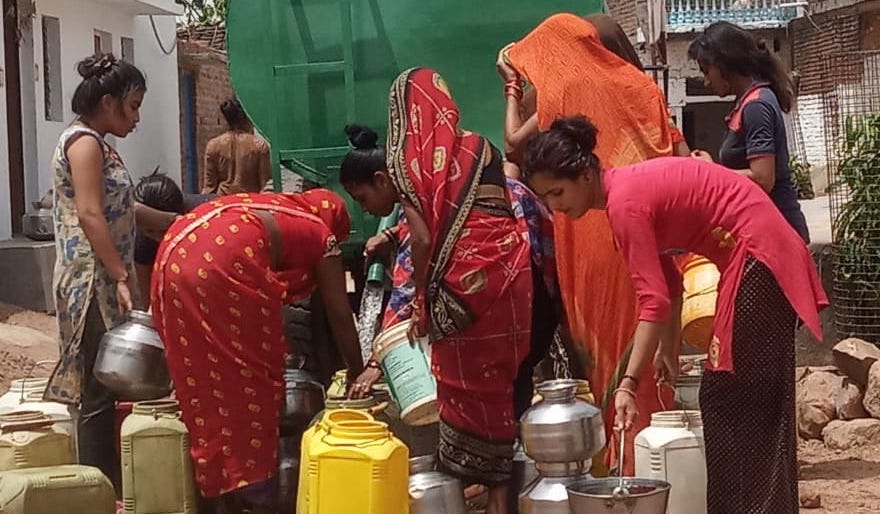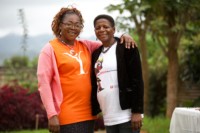Mbveh District of Kumbo, lying in the heart of Northwest Cameroon’s grasslands, boasts a strangely cosmopolitan atmosphere. Throughout the market square, rows of Nigerian-owned sheds tout merchandise covered in Chinese script. Whenever the wind blows, flyers from European missionaries flap against bulletins and speakers crackle with scraps of American hip-hop.
Every eighth day, Mbveh’s produce market becomes the center of the world for the over 500,000 inhabitants of Kumbo and its outlying villages. The community relies on these market days to bring in commerce and to relay massive truckloads of fruits and vegetables to the rest of the country.
Above the Mbveh car park, a second-floor international money exchange bank once presented an impressive façade. But since its abandonment over a year ago, the corner property has collected dust and contributed to the decline of the entire street. Himalayan Institute Cameroon (HIC) chose this site for the implementation of its new community center.
On February 2, HIC’s Mbveh Center will open, immediately providing Total Health consultations and Sacred Link Jewelry training classes to market day crowds, as well as the residents of Mbveh. But before that happens, the old bank needs a face-lift.
During my first visit to the property, I’m struck by the sound of a resonant baritone voice as I make my way up the covered staircase. On the second-floor balcony, among a cluster of stained tables and broken chairs, I meet Chief.
“Ah, you are just in time to develop Kumbo,” he greets me, smiling with a pair of shining eyes. Chief is a man in his late 50s, well-known for a singing voice that improves miraculously with age. I tell him a little about the Himalayan Institute.
“I’m glad you’re here, because we Banso men are very quick learners,” Chief tells me, rummaging through his jute bag. “We are always looking for the newest things from outside that we can use to improve ourselves.” He pulls out a 500-franc coin and hands it to the barkeeper.
“For yesterday, too,” says the barkeeper.
Chief wrinkles his nose at me and reopens the bag. “You see all this money he’s making from me? He never spends it on his wife. He’s a very wicked man.”
Before I enter the Mbveh Center, Chief asks me if I can help him with his joint pains and something he calls “serpent back.” He watches attentively while I show him a few basic stretches.
In many ways the larger vision of HIC is written in its expansion. In 2007, when the first Himalayan Institute members in Kumbo were looking for the best location to found the first community center, they chose Tobin, a district that houses the Kumbo Council and the two largest high schools in the region. There, in the brains of Kumbo, the HIC Community Center tested a variety of different empowerment services, offering education and vocational training in a range of fields, all while carefully studying the needs and strengths of the community. Now, with proven self-employment programs in health care, jewelry making, agriculture, and construction, HIC is expanding into the commercial Mbveh District, taking a step towards its ultimate goal: a fleet of self-sustaining community centers throughout the African continent.
When HIC’s School of Carpentry & Construction begins training students in earnest later in the year, the Mbveh Center will showcase original high-quality furniture produced entirely within Kumbo. But this week, for the first inductees in the Carpentry & Construction program, learning takes place on the job.
The Carpentry & Construction team carefully chisels a perimeter around the portion of infrastructure that will be retained in the center. Then demolition begins. For two days they knock down walls and carry out debris by the bucketful.
The next week, I’m back at the Mbveh Center with an HIC cleaning crew. Outside, Chief waves at me with both hands. He’s spent his last Manjong meeting talking about yoga stretches with the neighbors, he tells me. “That’s what always happens when you bring something good to Mbveh,” he says. “Within one week every Banso man will already know it.”
The Himalayan Institute is counting on it.
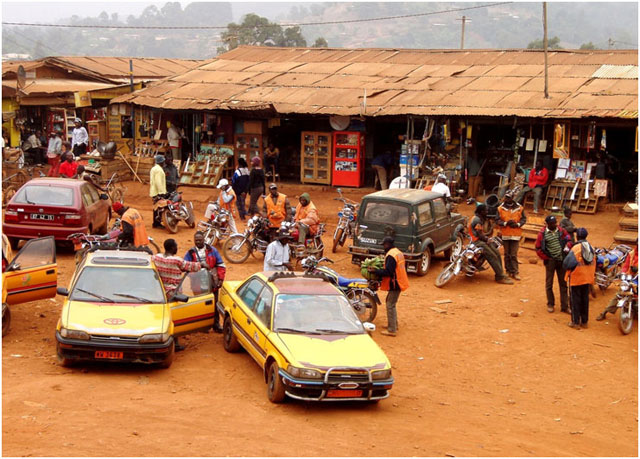
A view of the Mbveh car park can be seen from the second-floor of the HIC center.
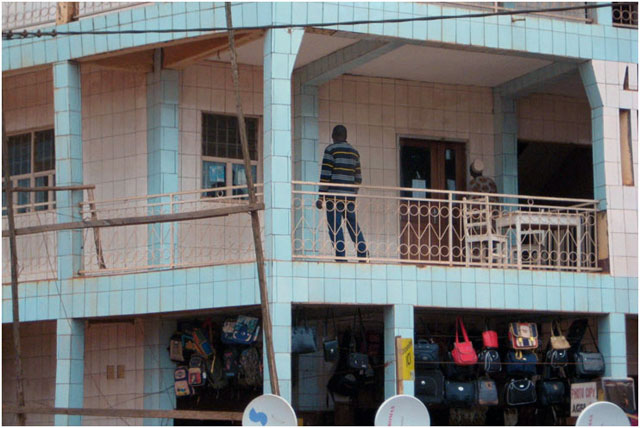
Some curious passersby stop to watch the renovations through dust-covered windows.
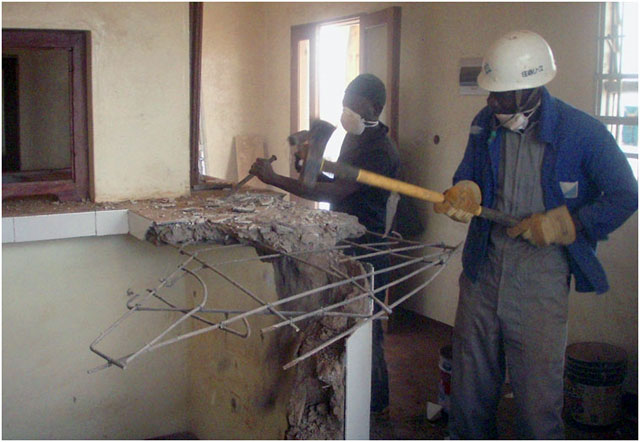
The walls and counter come down, with just 10 days to go before the grand opening.
